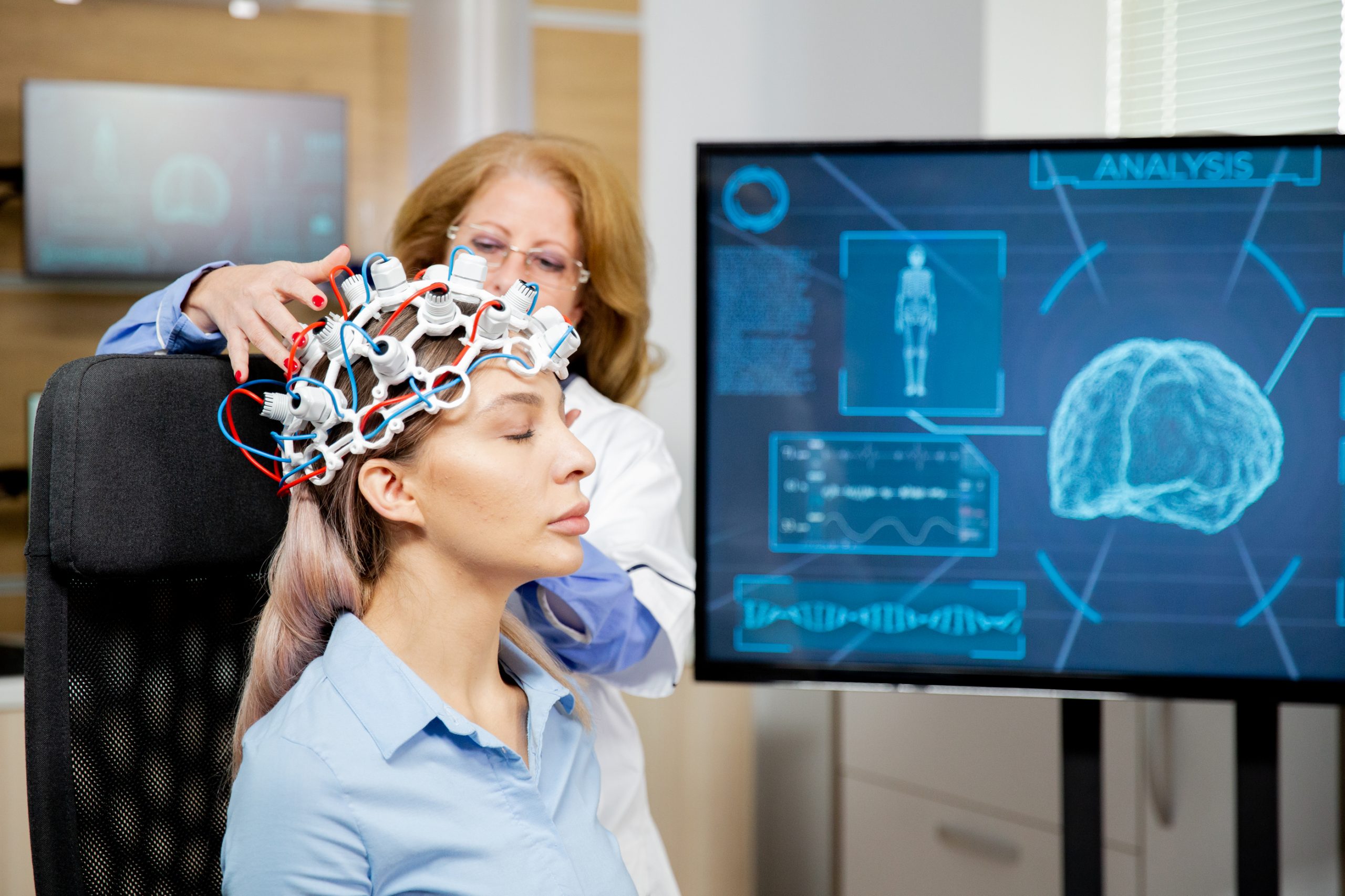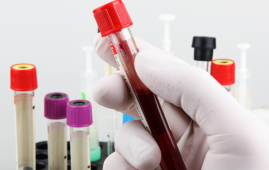

At Western University, two innovative graduate students, Matthew Kolisnyk and Karnig Kazazian, have pioneered a revolutionary approach to foreseeing the survival of intensive care unit (ICU) patients with severe brain injury. Their method combines functional magnetic resonance imaging (fMRI) with cutting-edge machine learning techniques, addressing a formidable challenge in critical care.
Serious brain injuries, whether from stroke, cardiac arrest, or trauma, can profoundly alter lives. Families of ICU patients grapple with uncertainty: Will their loved one regain health and awareness? Will they return to their former selves? Healthcare providers, too, face the challenge of predicting recovery.
Notably, these graduate students are pursuing their PhDs at the Schulich School of Medicine & Dentistry under the guidance of acclaimed neuroscientist Adrian Owen.
“For years we’ve lacked the tools and techniques to know who is going to survive a serious brain injury,” said Owen.
A diverse group of Western researchers joined forces with neurologists from London Health Sciences Centre and Lawson Health Research Institute to address this challenge. Guided by Loretta Norton, a psychology professor at King’s University College at Western and a pioneer in ICU brain activity measurement, the team embarked on a unique mission.
Their study involved analyzing brain activity in 25 patients within the initial days following a severe brain injury at one of London’s two ICUs. Their goal was to determine if this data could serve as a reliable predictor of patient survival outcomes.
“We previously found that information about the potential for recovery in these patients was captured in the way different brain regions communicate with each other,” said Norton. “Intact communication between brain regions is an important factor for regaining consciousness.”
The pivotal moment came when the team recognized the potential of merging this imaging method with machine learning, a facet of artificial intelligence. This innovation enabled them to forecast patient recovery with an impressive 80% accuracy, surpassing the existing standard of care.
“Modern artificial intelligence has shown incredible predictive capabilities. Combining this with our existing imaging techniques was enough to better predict who will recover from their injuries,” said Kolisnyk.
Although promising, the researchers acknowledge that their predictions were not flawless and require additional research and thorough testing.
“Given that these models learn best when they have lots of data, we hope our findings will lead to further collaborations with ICUs across Canada,” said Kazazian.
The study was published in Journal of Neurology.
more recommended stories
 Parkinson’s Disease Care Advances with Weekly Injectable
Parkinson’s Disease Care Advances with Weekly InjectableA new weekly injectable formulation of.
 New Blood Cancer Model Unveils Drug Resistance
New Blood Cancer Model Unveils Drug ResistanceNew Lab Model Reveals Gene Mutation.
 Osteoarthritis Genetics Study Uncovers New Treatment Hope
Osteoarthritis Genetics Study Uncovers New Treatment HopeOsteoarthritis- the world’s leading cause of.
 Antibody Breakthrough in Whooping Cough Vaccine
Antibody Breakthrough in Whooping Cough VaccineWhooping cough vaccine development is entering.
 Scientists Unveil Next-Gen Eye-Tracking with Unmatched Precision
Scientists Unveil Next-Gen Eye-Tracking with Unmatched PrecisionEye-tracking technology has long been a.
 Men5CV: Hope for Ending Africa’s Meningitis Epidemics
Men5CV: Hope for Ending Africa’s Meningitis EpidemicsA landmark global health study led.
 Stem Cell Therapy Shows 92% Success in Corneal Repair
Stem Cell Therapy Shows 92% Success in Corneal RepairA groundbreaking stem cell therapy known.
 Gene Therapy for Maple Syrup Urine Disease
Gene Therapy for Maple Syrup Urine DiseaseResearchers at UMass Chan Medical School.
 How Fast Are Your Organs Aging? Simple Blood Test May Tell
How Fast Are Your Organs Aging? Simple Blood Test May TellNew research from University College London.
 HEALEY Platform Accelerates ALS Therapy Research
HEALEY Platform Accelerates ALS Therapy ResearchA New Era of ALS Clinical.

Leave a Comment